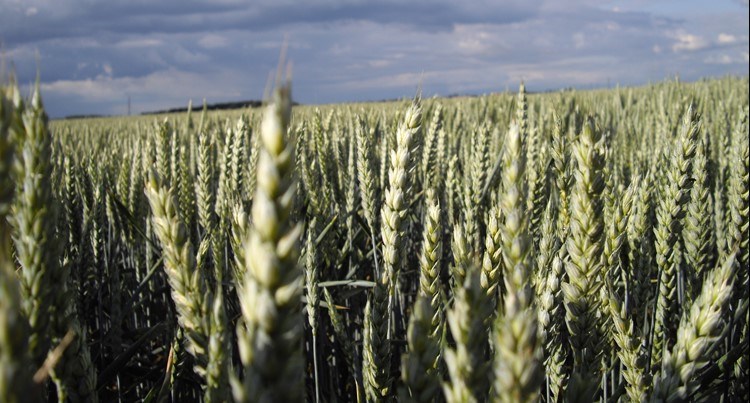Landmark victory for anti-GM campaigners
It's a landmark victory for farmers, consumers and anti-GM campaigners.
The European Court of Justice (ECJ) today (25th July 2018) ruled that a controversial new generation of genetic engineering techniques will be subject to the same safety checks and product labelling as existing genetically modified organisms (GMOs).

After a missed opportunity to clarify this legal status in January, the court has upheld the EU’s strong position on GMOs. This ruling reinforces the risk-based approach to licensing new organisms and backs existing legislation to ensure a ‘high level of protection of human life and health, animal health and welfare, environment and consumer interests’.(1)
Emma Hockridge, Head of Policy (farming and land use) at Soil Association said:
“Soil Association welcomes the ECJ’s judgment that organisms obtained by these new plant breeding techniques are GMOs within the meaning of the GMO directive and should be subject to the obligations laid down by that directive.
“We have always been clear that these new plant breeding techniques are GMOs and therefore are banned in organic farming and food. This position is shared within the organic sector at the European (IFOAM EU) and international level (IFOAM Organics International), and by many scientists.

“The outcome of gene editing is to manipulate and alter the genome in a laboratory to make a new organism. This is the very definition of genetic engineering, and gene editing risks introducing similar uncertainties and unintended consequences as genetic modification of DNA.
“This has just been confirmed - the CRISPR/Cas9 method being examined by the European Court is less predictable than expected. The leading journal Nature published a study that shows that the technique "causes many profound mutations and DNA damage".
“Soil Association will continue to encourage the cultivation of open pollination seeds, which can help farmers adapt to a changing climate by breeding drought and pest tolerant plants. Breeding crops in this way has proven to be lower-cost, faster and more effective than GM, particularly when informed by new technologies like Marker Assisted Selection, based on our new knowledge of the genome.”
For more detail on the new genetic engineering techniques ruled on by the ECJ, see the Soil Association policy briefing: ‘GM 2.0: gene editing and new plant breeding techniques’.
NOTES:
(1) Regulation (EC) No 1829/2003 of the European Parliament and of the Council of 22 September 2003 on genetically modified food and feed: https://eur-lex.europa.eu/legal-content/EN/TXT/HTML/?uri=CELEX:32003R1829&from=EN
IFOAM EU press release, July 25th 2018: https://www.ifoam-eu.org/en/news/2018/07/25/press-release-new-genetic-engineering-techniques-be-regulated-gmos-ifoam-eu-welcomes
European Court of Justice press release, July 25th 2018:https://curia.europa.eu/jcms/upload/docs/application/pdf/2018-07/cp180111en.pdf

